

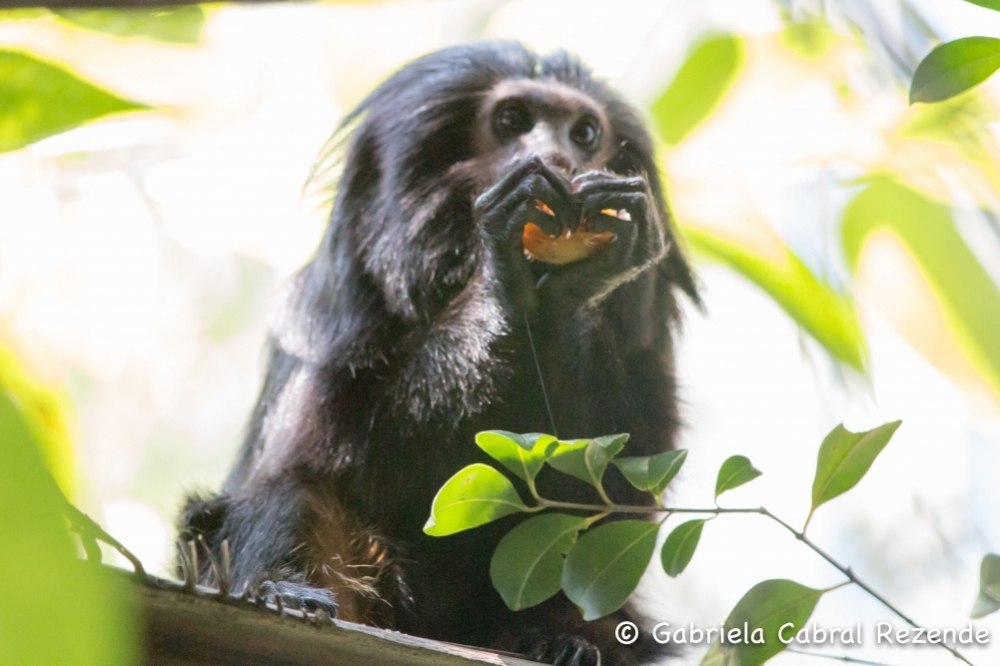
The researchers used modeling to show which areas are suitable in terms of forest cover and climate for occupation by the endangered species, which is endemic to the state of São Paulo. Their study is a contribution to translocation initiatives that move groups of these animals to areas from which the species has disappeared.
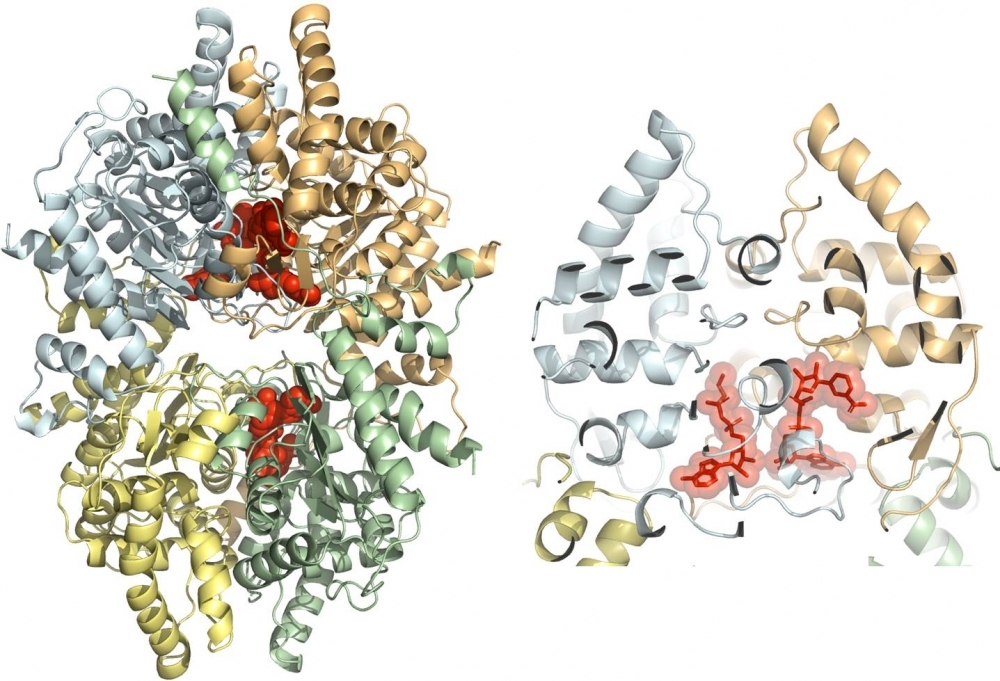
Discovery by Brazilian scientists paves the way for the study of more potent molecules capable of directly destroying parasites underlying elephantiasis and cutaneous leishmaniasis, with fewer adverse side-effects.

Technology to manage hospital flows is being tested by health units in metropolitan São Paulo.

Fast-track project selection and the capacity to make efficient use of resources and cross-border partnerships have made funders fundamental to the response to the challenges of COVID-19 in the Americas, according to participants in the GRC’s regional meeting.

The Brazilian research group used epigenetic modulators to try to “erase” the damage done by stress to neuroplasticity. The study showed that acute intervention in epigenetic mechanisms produces antidepressant-like effects more rapidly than conventional drugs.

The raw materials and inputs for vaccines are produced in different countries and subject to undersupply risk, said speakers in a webinar on Facing the Challenges of Vaccine Distribution organized by FAPESP.

The IEA aims to help countries move the bioenergy agenda forward by identifying bottlenecks, recommending solutions and sharing best practices. The initiative was presented during a conference organized by BIOEN, FAPESP’s bioenergy research program.
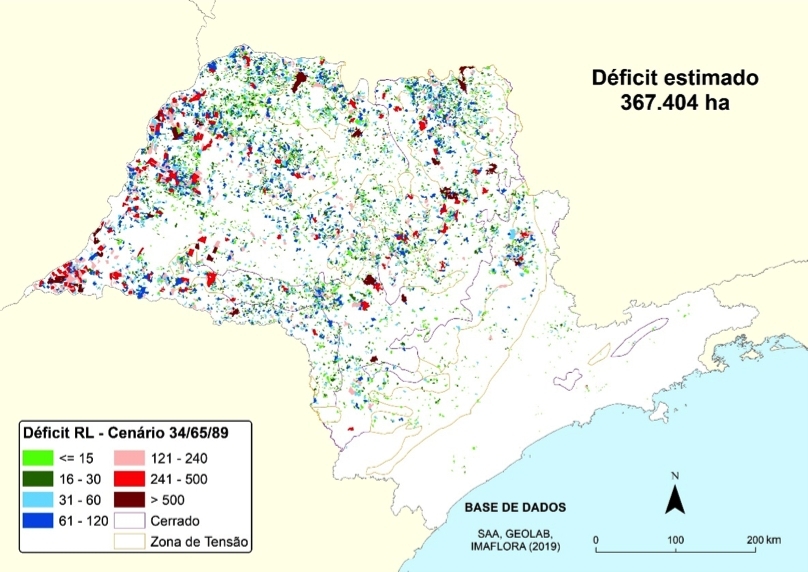
The estimate comes from a research project supported by FAPESP to produce scientific input for implementation of Brazil’s new forest code in the state.

Brazilian researchers tested the antichagasic properties of VmCT1, obtained from the venom of Vaejovis mexicanus, a scorpion harmless to humans, and synthesized novel analogs to redesign the native molecule.
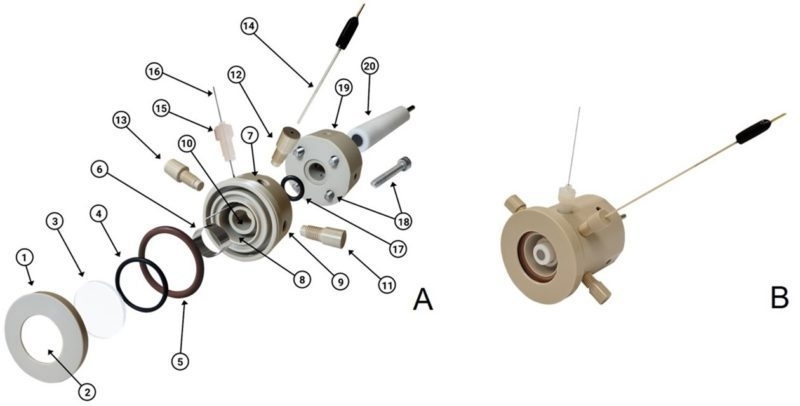
Developed at an Engineering Research Center supported by FAPESP, the novel spectroelectrochemical cell can be used to study the behavior of electrolytes and catalysts by means of X-rays and infrared or even visible light.

The study could help upgrade satellite communications equipment.

The online survey was conducted in Brazil and completed by 938 survivors of the disease whose diagnosis was confirmed by RT-PCR or serological test. Those who regularly had at least 150 minutes per week of moderately intense aerobic exercise or 75 minutes of high-intensity training were considered sufficiently active, in accordance with the WHO’s recommendations.
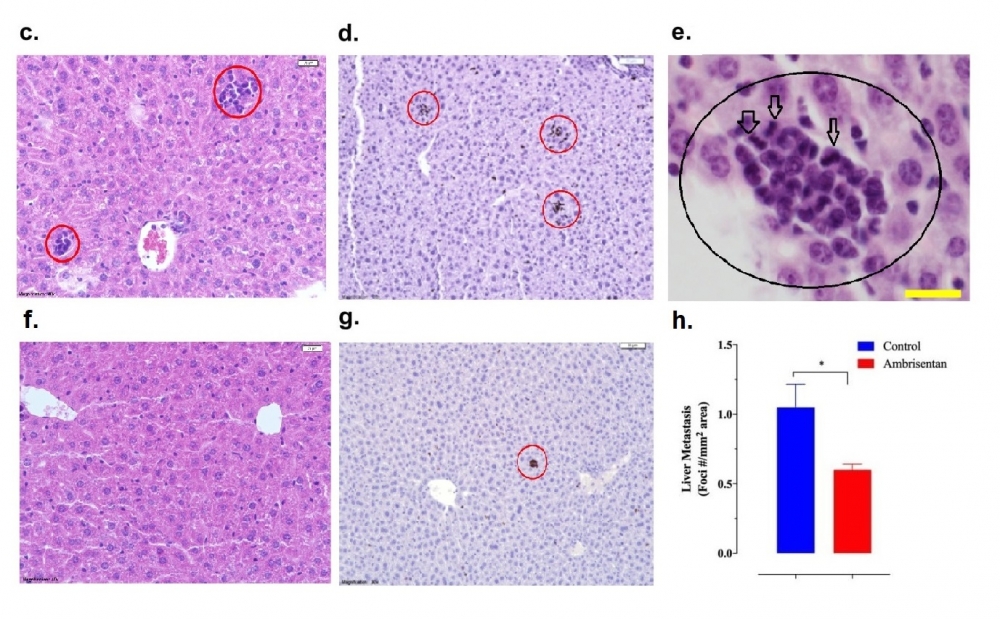
In experiments by Brazilian researchers with mice and tumor cell lines, the drug showed potential to combat metastasis. The scientists are planning to conduct clinical trials with patients who are on chemotherapy.

An in vitro study by a Brazilian researcher shows that maresin and resolvin synthesized from fatty acid stimulate periodontal ligament stem cells even in the presence of inflammation.
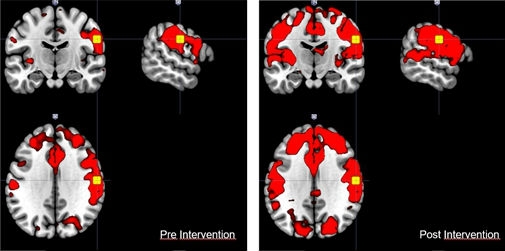
A study performed at one of the Research Centers supported by FAPESP resulted in development of a novel rehabilitation device. The article was recognized as outstanding by the 20th International Conference on Computational Science and its Applications.

Researchers at São Paulo State University reused bacterial cellulose scraps usually thrown away by manufacturers of wound dressings to make strong biodegradable film for food packaging.
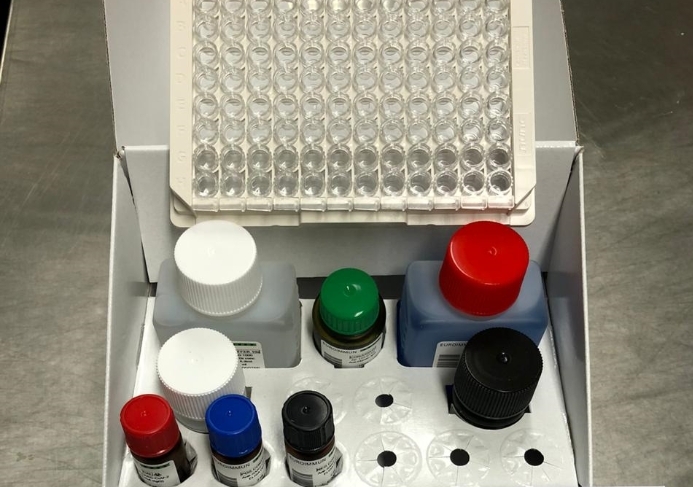
Brazilian researchers show that commercial serological tests available in laboratories nationwide can be used to screen donated plasma in order to see if it contains enough antibodies capable of neutralizing the novel coronavirus
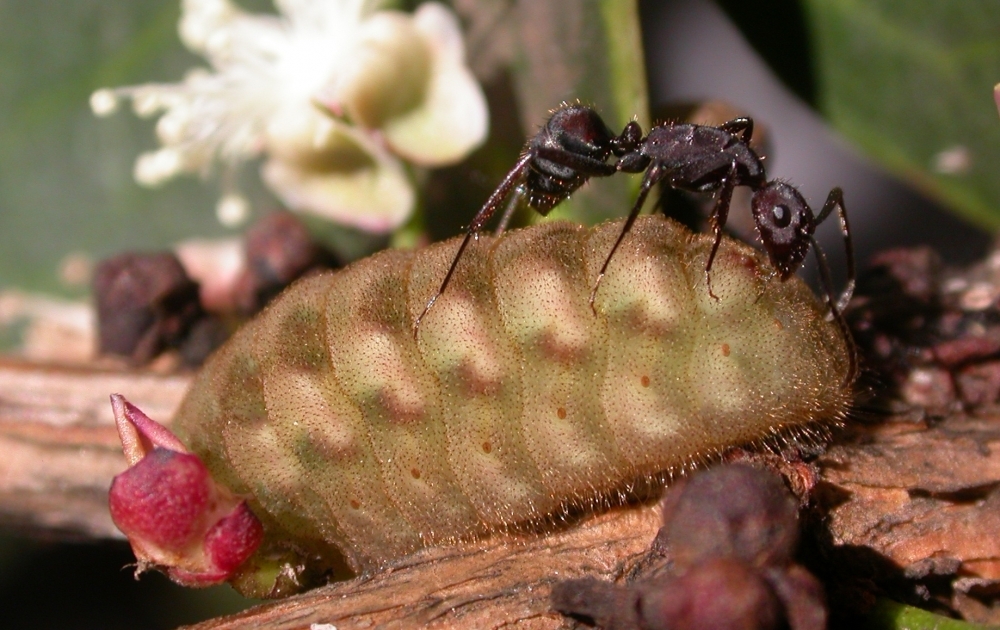
Study reveals different forms of interaction between insect groups: while some caterpillar species have bodies covered with molecules identical to those of the plants they inhabit and are ‘invisible’ to ants, others offer ants nectar in exchange for protection from predators.
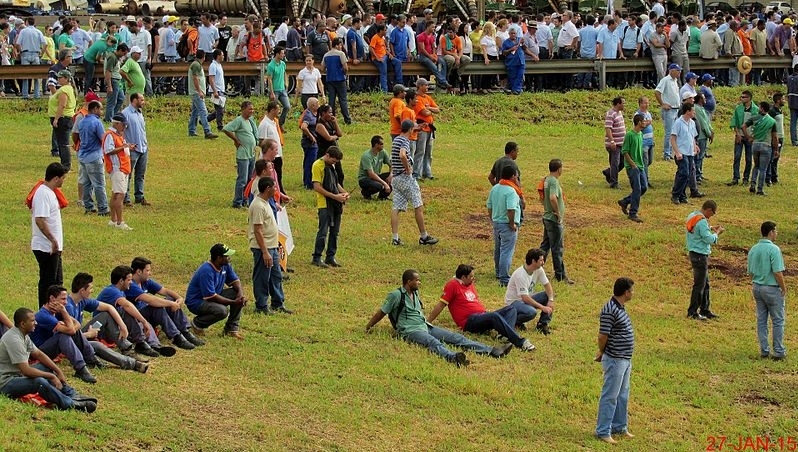
Black people and women are worst-off – blacks because they mainly work in the informal sector and women because they are mainly considered non-essential workers.
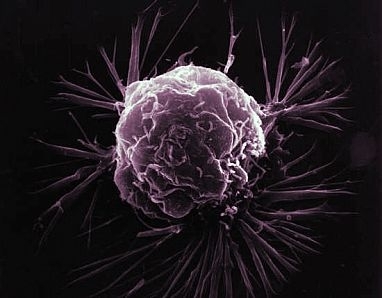
In an article published in the Journal of Pineal Research, researchers at São Paulo State University and collaborators describe a set of genes potentially regulated by the “sleep hormone” in some types of tumor
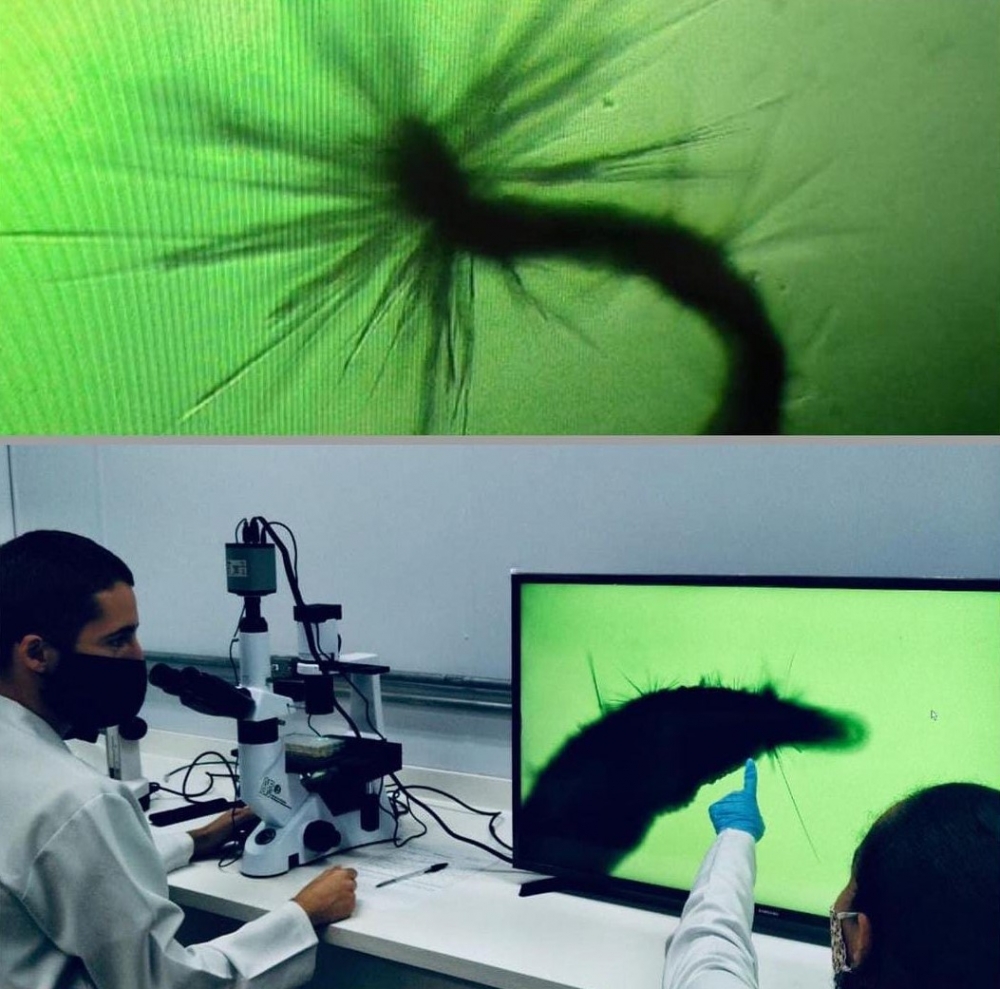
In vitro studies and experiments with mice show that the natural extract was more effective than the only drug available to combat this parasitic disease.
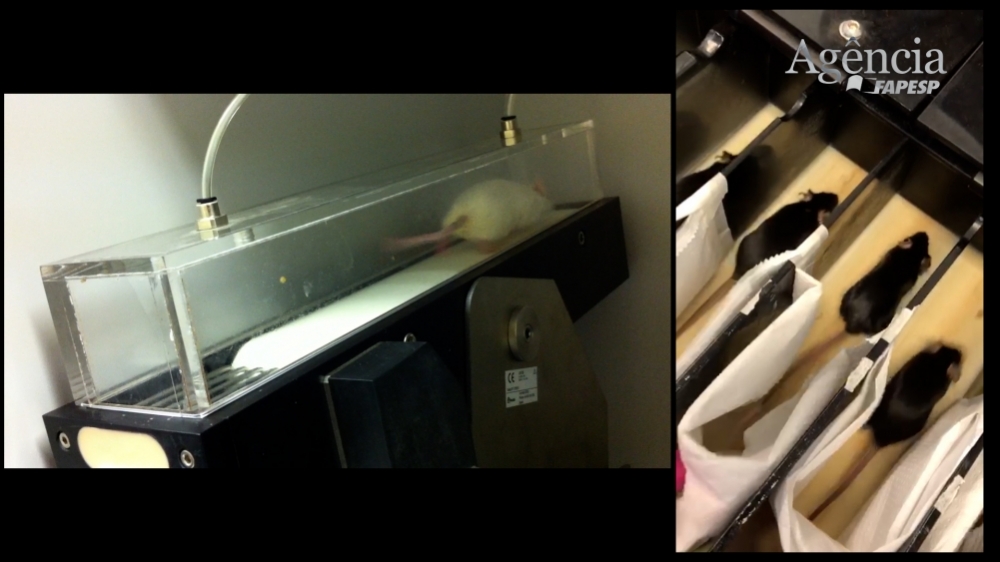
Experiments with mice and humans showed that exercise training increased the expression in adipose tissue of a key enzyme for the organism’s metabolic health, combating the harmful effects of aging and obesity.
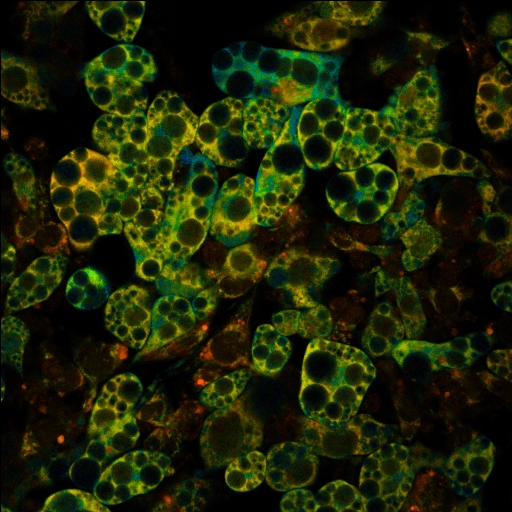
Medication originally developed to kill bacteria displayed the capacity to increase cell energy expenditure in tests with mice. Researchers at the University of Campinas and the biopharmaceutical AstraZeneca are testing compounds with a similar structure that could give rise to novel approaches to the treatment of obesity.
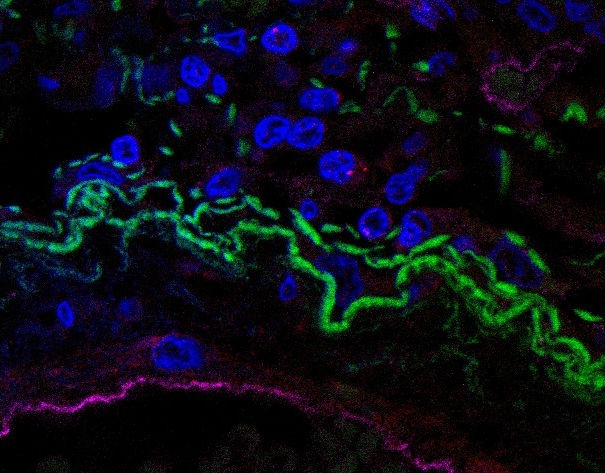
In defense cells from patients hospitalized with the disease, Brazilian researchers found signs of activation of a protein complex called the inflammasome, responsible for initiating the inflammatory response that can damage organs and lead to death. The findings could help identify drugs capable of interrupting the process.

An article in Cell by researchers affiliated with Harvard and the University of São Paulo shows that the metabolite succinate is released by muscle cells during physical exercise and triggers a process of tissue remodeling that makes muscles stronger and enhances metabolic efficiency.